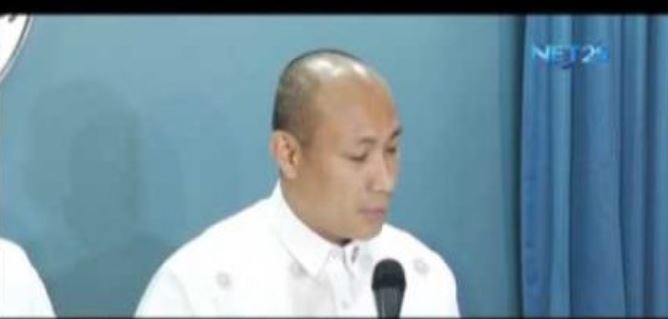
(Eagle News) — Opposition lawmakers in the House of Representatives welcomed on Thursday the International Criminal Court’s decision to conduct a “preliminary examination” of the allegations against the government’s drug war.
In a statement on Thursday, Magdalo Rep. Alejano, who, with Senator Antonio Trillanes IV, filed the supplemental communication against the drug war in June, said the ICC’s move was “also the first step towards bringing justice to the families and all the victims of the war on drugs.”
“I am confident on the communication we sent to the ICC and strongly believe that President (Rodrigo) Duterte and those who perpetuate and defend this policy of killing should be held accountable before the law,” Alejano said.
“The ICC, stepping in, is a ray of hope amid the compromised rule of law under this administration,” he added.
Akbayan Rep. Tom Villarin echoed Alejano’s sentiment, adding that the preliminary examination “gives us an opportunity to implead other enablers of EJKs, including possibly Presidential Spokesman Harry Roque.”
“It will be damning and damaging to (Duterte’s) administration in the eyes of our people and the international community. I am hopeful that people will now realize the truth and demand accountability from him with all constitutional options available,” he said.
Kabataan Rep. Sarah Elago for her part expressed hope the ICC would also look into “other blatant state-sponsored human rights violations that have assisted and tolerated the prevailing culture of impunity.”
“13,000 deaths and still counting, yet the Duterte administration remains determined in pursuing the drug war — to the point of relaunching it three times with revised but still problematic guidelines,” Elago added.
Alejano’s and Trillanes’ communication was supplemental to the one submitted by Jude Sabio, counsel of alleged hitman Edgar Matobato, in April.
Presidential Spokesperson Harry Roque said the President welcomed the preliminary examination, noting that it was an “opportunity” for him to prove that the accusations against him “do not fall within the ICC’s jurisdiction because of the principle of complimentarity, which means only when domestic courts cannot or will not take cognizance of the cases can it be elevated to the international court.”
He noted that “only crimes which are of the gravest nature, (the) gravest affront against the international community, should be subject to the jurisdiction” of the ICC.
According to Roque, the war on drugs was also a “lawful, legitimate operation.”
“A lawful use of force” against a “threat to national security,” he said, “cannot be characterized as an attack against (the) civilian population because they are civilians.”







